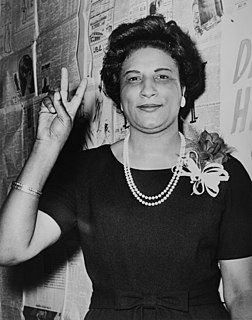A Quote by Michael Hayden
If Snowden really claims that his actions amounted to genuine civil disobedience, he should go to some English language bookstore in Moscow and get a copy of Henry David Thoreau's 'Civil Disobedience'.
Related Quotes
The state says: "Well, in order for it to be legitimate civil disobedience, you have to follow these rules." They put us in "free-speech zones"; they say you can only do it at this time, and in this way, and you can't interrupt the functioning of the government. They limit the impact that civil disobedience can achieve. We have to remember that civil disobedience must be disobedience if it's to be effective.
I see a lot of individual action when it comes to environmental questions really as a form of politics as a way of communicating with political leaders, much in the same way that acts of civil disobedience during the civil rights' movement were really acts of political communication, trying to get laws changed rather than based on the thought that the individual action would really change the practices of segregation.






























